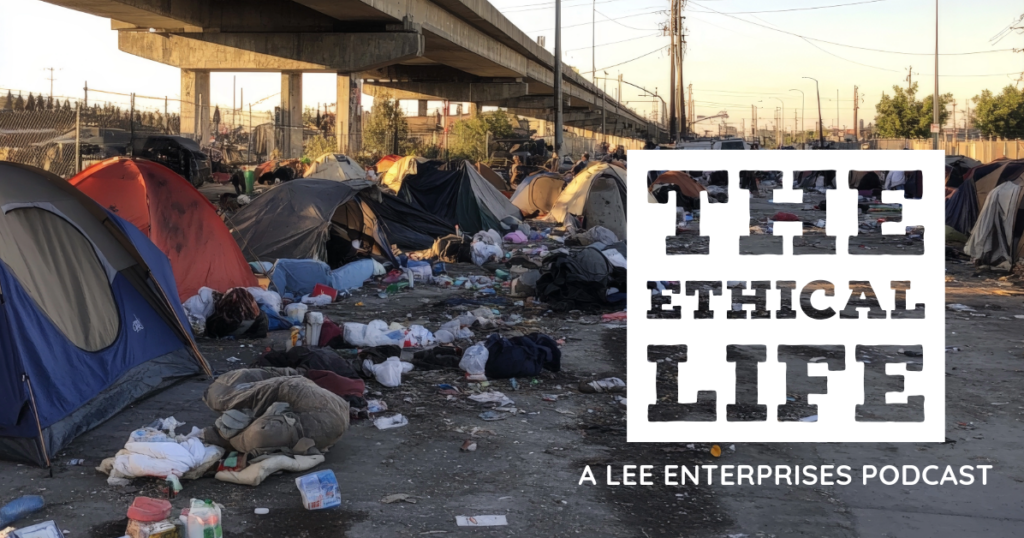Navigating Urban Disorder: An Ethical Perspective
Understanding the Concept of Moral Ecology
In Episode 172, hosts Richard Kyte and Scott Rada delve into the ethical dilemmas posed by public disorder in urban settings. They explore a growing perception that standards of behavior have deteriorated in many cities. Kyte introduces the idea of “moral ecology,” drawing parallels with environmental ecology, emphasizing that a secure and predictable atmosphere in public areas is crucial for fostering a healthy moral ecosystem.
Crime Rates vs. Public Sentiment
While it’s notable that serious crime rates have seen a decline, Rada highlights ongoing challenges such as visible drug use, mental health crises, homelessness, and minor offenses that perpetuate an unsettling environment for many residents. This combination creates a pervasive sense of discomfort among citizens navigating their communities.
The Role of Social Connections
The podcast emphasizes how diminishing social ties and fewer face-to-face interactions may contribute significantly to this unease. As urban dwellers become more isolated from one another, the fabric of community life begins to fray.
Addressing Systemic Issues
Kyte stresses the importance of enhancing public infrastructure to uphold the dignity and essential needs of marginalized groups, particularly those experiencing homelessness. For instance, ensuring access to clean public restrooms can be vital in addressing basic human needs—a reflection on how systemic deficiencies amplify broader societal cynicism regarding governmental efficacy.
Proactive Community Solutions
To counteract these challenges surrounding urban disorder effectively, Rada suggests increasing civic engagement at local levels. This includes integrating civil service education into school programs and granting municipalities greater autonomy over their governance structures—potential pathways toward creating tailored solutions for persistent city issues.
Current Perspectives on Local Governance
By focusing on rejuvenating community involvement within local government frameworks and fostering collaboration among stakeholders, citizens might witness significant improvements in addressing public disorder concerns more effectively than ever before.
Related Reading
- “Liberalism and Public Order” by Matthew Yglesias – Slow Boring
- “The Hidden Politics of Disorder” by Ezra Klein – The New York Times
Stay informed with recent opinion pieces delivered directly to your inbox each week!
